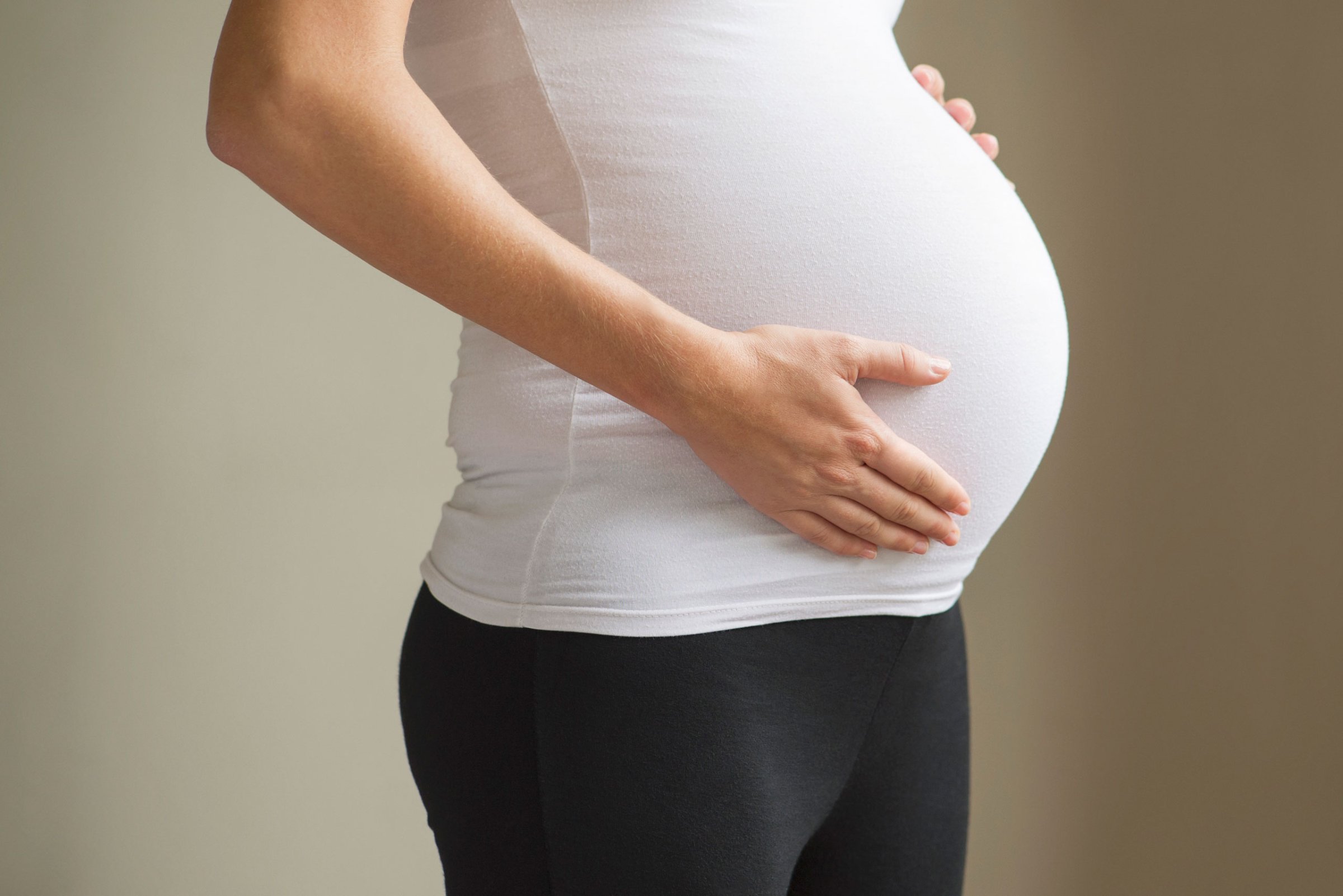
By 2018, some 76,000 women in the U.S. will freeze their eggs every year to preserve their fertility and increase their odds of getting pregnant later in life. Yet egg freezing is by no means a solid insurance policy. Some estimates suggest that just under 24% of procedures will result in a live birth. The fertility field is looking for other options.
In a new study published in the journal Reproductive Sciences, two fertility experts argue that ovarian tissue freezing—a procedure that removes and freezes ovarian tissue for later use—could offer an alternative, especially for women who can’t undergo egg freezing for medical reasons. The procedure, which is still considered experimental, is being offered to women who may undergo cancer treatment. While egg and embryo freezing can take weeks to complete, an ovarian tissue freezing procedure can be done quickly on short notice.
To gain a better understanding of how effective the treatment is, Dr. Kutluk Oktay, an early pioneer of the procedure, and Dr. Fernanda Pacheco of Innovation Fertility Preservation & IVF in New York looked at available data on the procedures from 1999 to 2016. Their study reports that nearly four out of 10 women who undergo the procedure are able to have children later in life.
MORE: The Truth About Freezing Your Eggs
“Now, women considering this procedure to preserve fertility and postpone childbearing have more information at their disposal,” the authors write in a statement. “Given these recent data, ovarian tissue cryopreservation should be considered as a viable option for fertility preservation.”
The report notes that out of 309 ovarian tissue freezing procedures preformed, 84 resulted in births. The researchers also found that two thirds of the women who underwent ovarian tissue freezing and transplantation were able to conceive naturally, and about one third used in vitro fertilization (IVF).
However, far more research is needed. The overall number of procedures included in the study is still considered low. “Generally speaking, the data we have on fertility preservation is pretty poor,” says Jake Anderson, cofounder of FertilityIQ, an online resource for couples trying to conceive. “There are lots of small, single-center studies which lack the rigor and generalizability of a multi-center, prospective trial. It’s still unclear how many women will actually come back and use what they’ve preserved.” Anderson says that according to the data they collect, only about 10-15% of women who freeze their eggs ever return. “That’s crucial when considering how much time and money to shell out.”
Still, the researchers of the new study see ovarian tissue freezing as a promising option, especially for the future. “The next frontier is to explore the procedure’s potential in delaying childbearing among health women, not just cancer patients,” Oktay says in a statement.
More Must-Reads From TIME
- The 100 Most Influential People of 2024
- The Revolution of Yulia Navalnaya
- 6 Compliments That Land Every Time
- What's the Deal With the Bitcoin Halving?
- If You're Dating Right Now , You're Brave: Column
- The AI That Could Heal a Divided Internet
- Fallout Is a Brilliant Model for the Future of Video Game Adaptations
- Want Weekly Recs on What to Watch, Read, and More? Sign Up for Worth Your Time
Contact us at letters@time.com